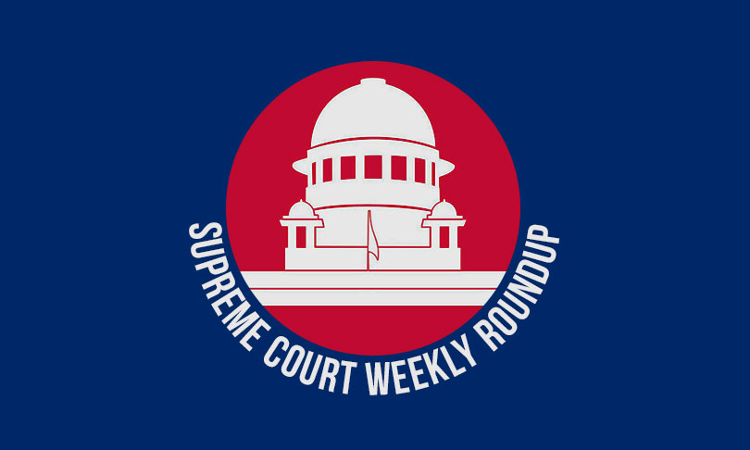- Home
- /
- Top Stories
- /
- Supreme Court Weekly Round Up
Supreme Court Weekly Round Up
LIVELAW NEWS NETWORK
23 Sept 2019 4:59 PM IST
Non Recovery Of Weapon Of Assault Not Always Fatal To Prosecution Case [Prabhash Kumar Singh vs. State of Bihar] The Supreme Court held that a prosecution case cannot be disbelieved merely because the weapon of assault or the bullet was not recovered. The main contention in the appeal before the Supreme Court against concurrent conviction of the accused in a murder case was that...
Next Story



